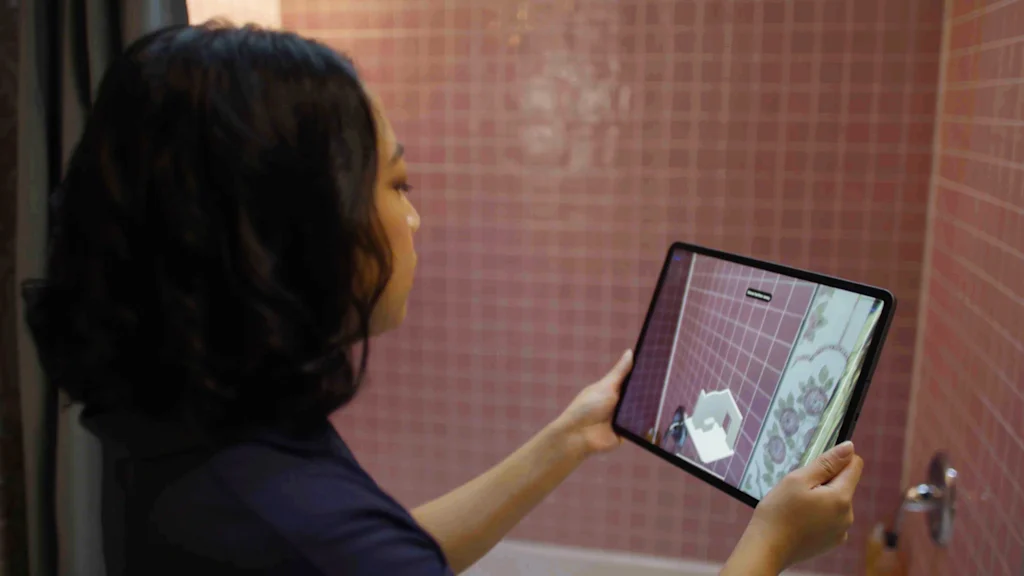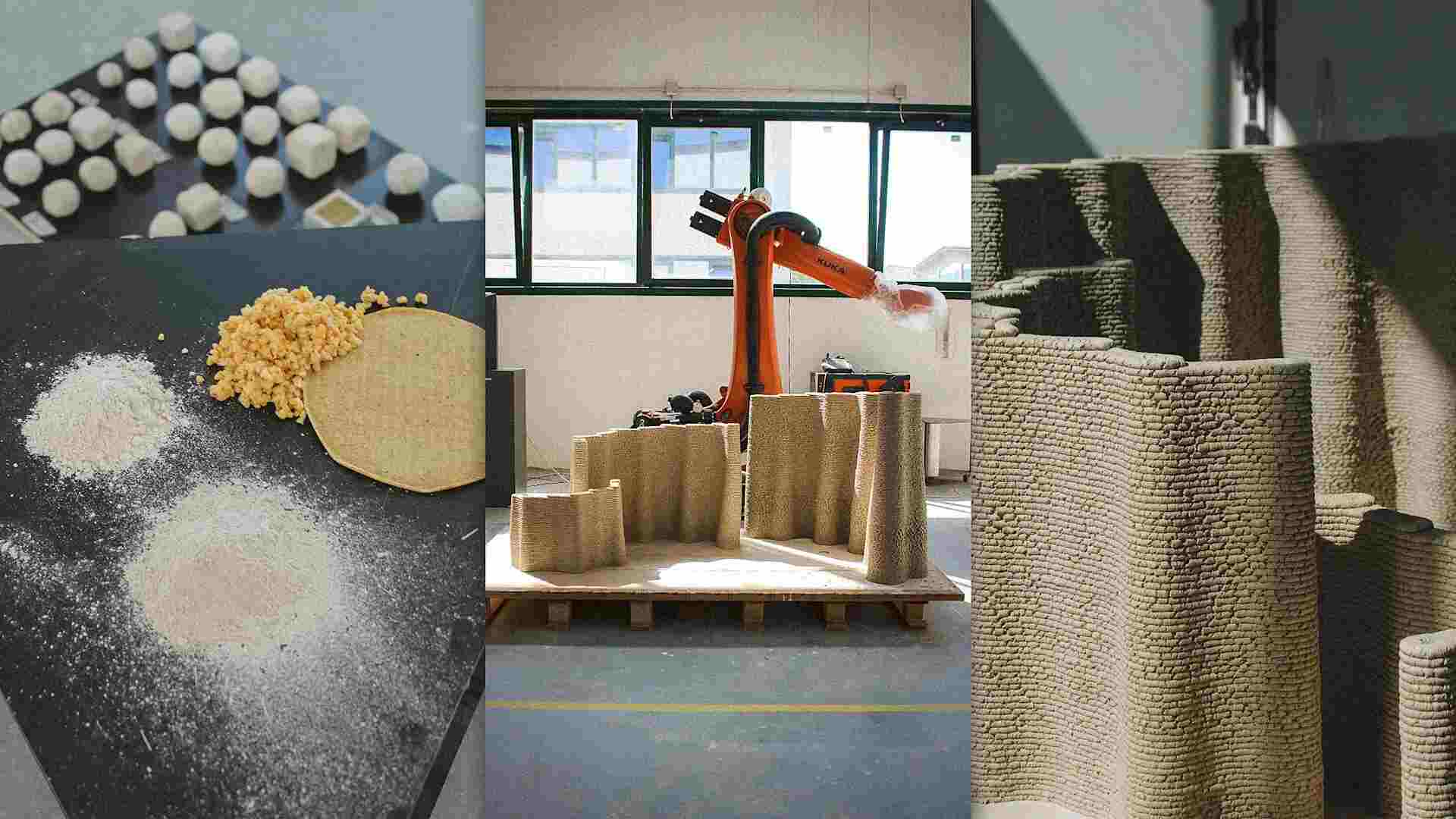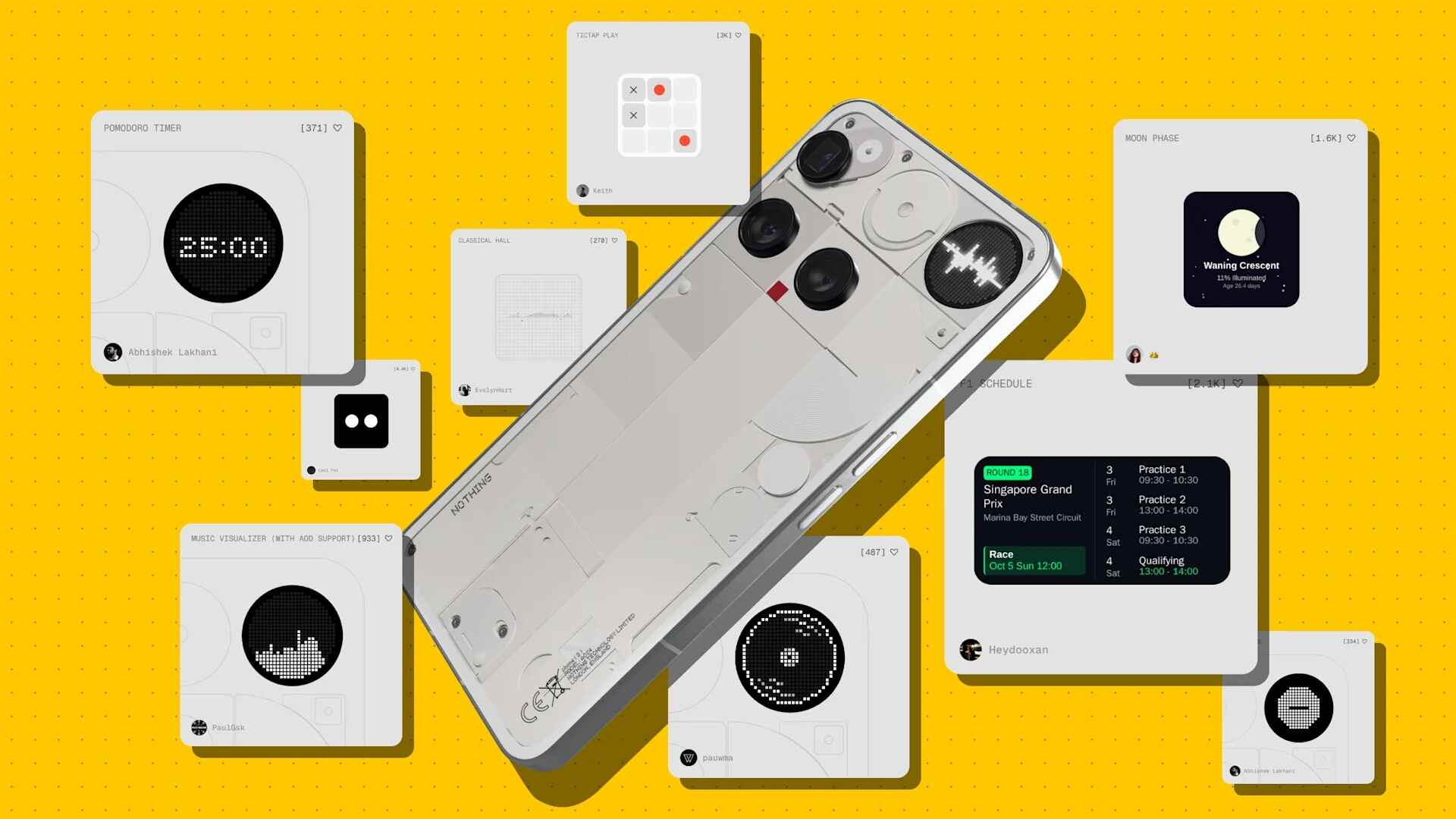- | 8:00 am
AI just made your bathroom remodel faster and cheaper
A nearly $1 billion home renovation company is taking a data-centric approach to seemingly bespoke design jobs.

In the fragmented home renovation business, where small subcontractors handle many of the most common door fixes, window replacements, and bathroom facelifts, one company is using AI to scale its operations across the country to the tune of nearly $1 billion in annual revenue.
West Shore Home was founded in 2006 in Mechanicsburg, Pennsylvania, and has grown from a single location to operating in 40 U.S. markets with more than 3,000 employees. Over the past few years, the company has tapped into artificial intelligence and a growing number of technological tools to greatly accelerate the process, scheduling, pricing, and even design of the most common home renovation projects. It’s an example of how a workaday segment of the home design industry is being reinvented.
West Shore Home founder B.J. Werzyn says home renovation was ripe for disruption. The norm in the industry is to outsource the actual renovation work, using subcontractors who deal with the material sourcing and the labor. Technology has enabled Werzyn’s company to streamline project scoping, planning, design, and construction, and doing it all in-house.
Despite the seemingly bespoke nature of each customer’s home renovation quirk, the most common types of renovation jobs are actually pretty similar, Werzyn says, making them possible to systematize. “If you were comparing us to a restaurant, we’re more like a fast-casual restaurant. A Chick-fil-A or a Chipotle. Very consistent, very repeatable,” he says.

West Shore Home follows a project from beginning to end with its own employees, tracking every step and decision along the way. That means the company knows how long it took to do a given project, how many installers were involved, what skilled trades were required, what permits had to be pulled, what the job cost analysis was, and how the job actually turned out compared to what was originally planned.
For a project like a bathroom renovation—of which West Shore Home has done more than 300,000—experience creates the potential for systematization. “The data is invaluable,” Werzyn says.
The data from all those jobs has become the training material for AI systems the company has created. Since all West Shore Home technicians are employees, they do every job by the book, collecting data on each project using iPads and sending it all back to a big company database. They also have recently begun using a proprietary Lidar-based scanning tool to capture the minute details of every customer’s project space, even those who only have the company out for a consultation.
The company also has its own visualization software, allowing customers to design their project using the detailed scan, giving them a sense of what the future state of their project space can look like within minutes. Werzyn expects some of these tools to become consumer-accessible, taking away the need for a technician to physically visit a job site before the work begins.
AI tools are used to process all this information rapidly. Instead of a technician taking the scan and the customer’s wishes back to the office for pricing, sourcing, and scheduling, West Shore Home’s AI tools do it all on the spot.
“The moment that the customer decides exactly what they want, within 30 seconds we have processed all of that information. We know what the permitting requirements are, we know when we’re going to have inventory in hand, we know when we’re going to have the right installer with the right skill capability,” says Eppie Vojt, the company’s chief data and AI officer. “Artificial intelligence is doing all the heavy lifting to get us to the point of creating a vastly differentiated experience for that customer.”
Werzyn sees his company’s use of AI and the automation of the renovation process turning into an Amazon-like digital marketplace for home services, from bathroom renovations to countertop installations to cabinetry to roofing. “Instead of selling products, we will allow a consumer, if they want to on their own, to scan, design, schedule, and take a home remodeling project, put it in a shopping cart, and check out,” he says.
AI is enabling this new approach to renovation work that’s often handled by small operators. Werzyn says the key to his company’s success may connect back to one of the first things he did when starting to expand West Shore Home beyond its original location back in 2010.
Instead of relying on subcontractors in new markets, Werzyn insisted on making everyone an employee, making it possible, in the age of AI, to be collecting the data the company is using to inform its machine learning. “That decision was more around controlling the quality of the install, giving a better customer experience, Werzyn says. “But, thinking back on it now, that decision that I made 15 years ago was kind of the beginning of our AI strategy, to really own the process from end to end.”







































